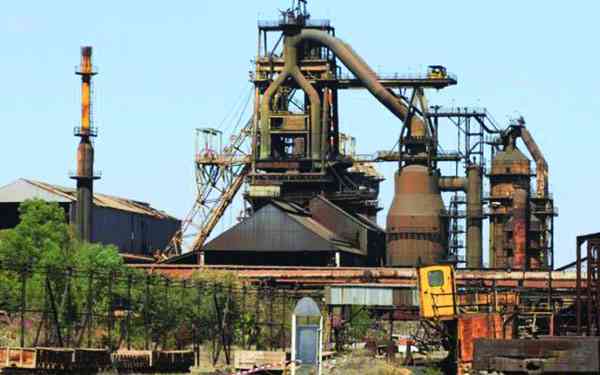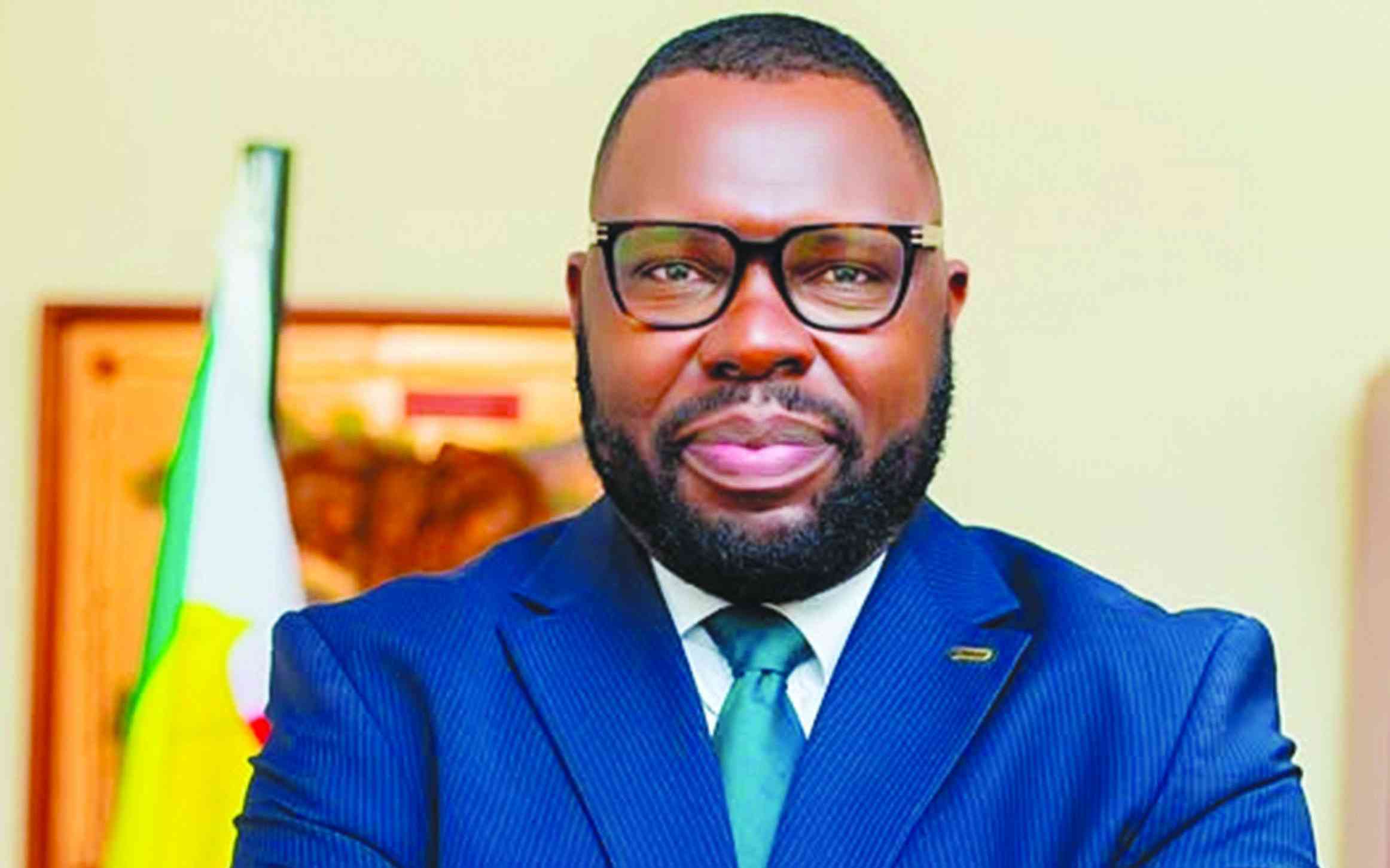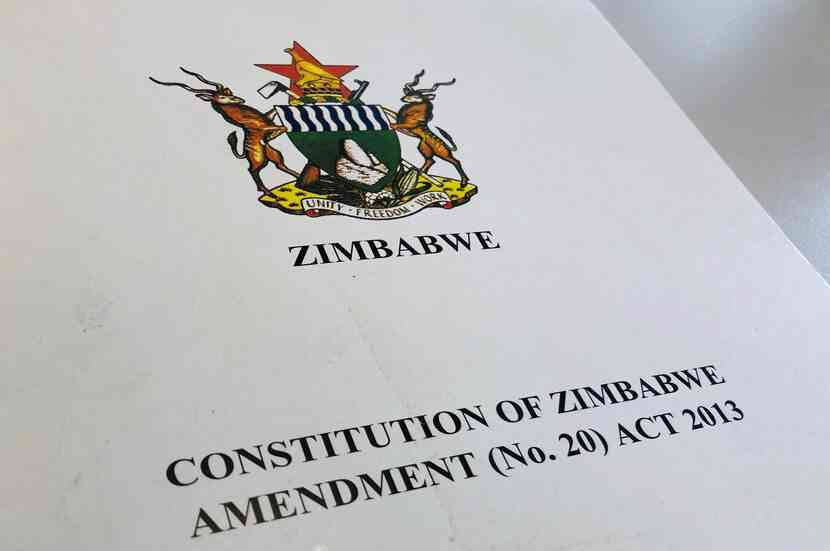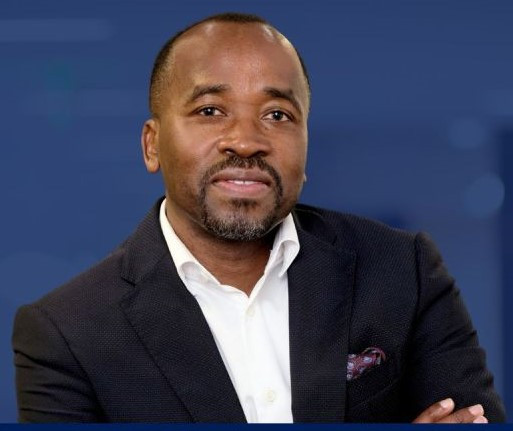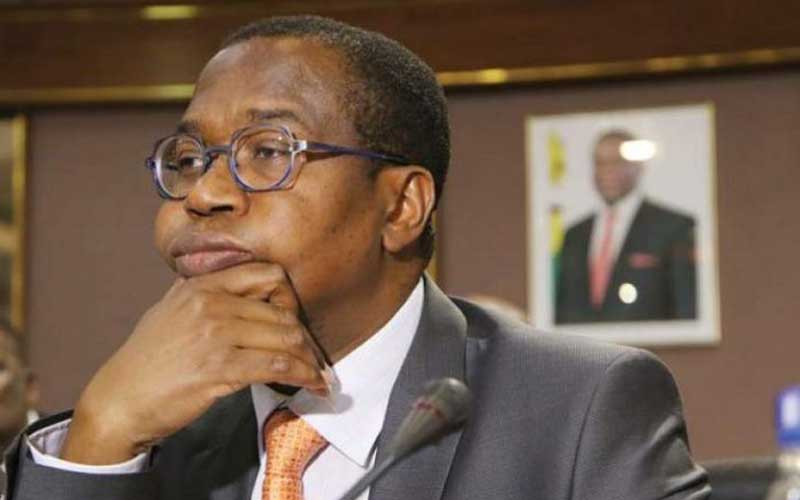
ZIMBABWE is projected to record a 3,2% budget deficit in 2023 when the southern African country holds general elections.
Fitch Solutions, a US-based data analysis think-tank focusing on global markets and various macroeconomic regions forecast that Zimbabwe’s widening budget deficit for 2023 will largely be fuelled by increased pre-election spending and galloping inflation.
Zimbabwe shelled out an estimated US$274 million to hold the disputed 2018 elections which President Emmerson Mnangagwa won by a razor-thin margin against CCC leader Nelson Chamisa.
Mired in an intractable economic crisis characterised by currency volatilities and poverty, Zimbabwe is battling to contain surging inflation, currently at 268,8%.
However, despite the headwinds buffeting Zimbabwe’s fragile authority, fiscal authorities intend to trim inflation below year-end.
With Mnangagwa seeking a second term at the looming polls after securing his candidacy at Zanu PF’s elective congress in October, Fitch Solutions predicts that government spending will shoot in 2023.
“Both current and capital expenditure will also increase, further contributing to the wider deficit, as Emmerson Mnangagwa's government seeks to rally support ahead of elections likely to be held in July 2023,” Fitch Solutions noted.
“Moreover, capital expenditure will grow significantly, further contributing to the wider deficit. In the run-up to the 2023 elections, Mnangagwa's government will likely further increase expenditure on infrastructure projects. It has already increased capital spending, on projects such as the building of a US$42 million dam in Bulawayo,” the think tank said.
- Budget dampens workers’ hopes
- Govt issues $24 billion Covid-19 guarantees
- Letter to my People:They have no answers for Nero’s charisma
- ZMX to enhance farm profitability
Keep Reading
Increased government spending in Bulawayo on key capital projects, Fitch Solutions highlighted, was a calculated electoral move by Mnangagwa to weaken the opposition's popularity in Zimbabwe’s second-largest city.
“Opponents allege that this infrastructure development is part of a strategy to expand the ruling Zimbabwe African National Union-Patriotic Front (Zanu PF)'s voting base into Zimbabwe's second-largest city, which is dominated by the minority Ndebele ethnic group, whereas Zanu PF typically draws support from the majority Shona ethnic group,” the think tank wrote.
Fitch Solutions expects Zimbabwe to spend around US$274 million for the 2023 elections, the same amount spent in 2018
“Overall, we expect capital expenditure to grow by 15,0% in 2022, up from an estimated 3,0% in 2021.”
Commenting on inflation, Fitch Solutions further highlighted that inflation will remain on the rampage, averaging 194% in 2023 while widespread unemployment is expected to maintain a chokehold on Zimbabwe.
In its November report, Fitch Solutions indicated, “Inflation will remain considerably elevated, averaging 194,0% in 2023, which will continue to restrict consumer activity severely, and subsequently tax revenues, while consistently high unemployment – of a forecast 19,5% in 2023, against the 2010-19 average of 5.2% – will cap income taxes – unofficial estimates put unemployment and underemployment as high as 90%.”
While Finance minister Mthuli Ncube presented a ZW$929 billion supplementary budget for 2022, Fitch Solution’s report suggests that Zimbabwe’s budget will “widen to 1,9% of GDP in 2022, from an estimated 1,1% in 2021, on higher capital expenditure and a mixed revenue performance”.
Ncube is expected to present next year’s budget on Thursday.
As Fitch Solutions’ projection shows, Zimbabwe's fiscal deficit trends will result in the country’s debt stock estimated at US$20 billion to balloon.
Among other contributory factors, Fitch Solutions observed that Zimbabwe’s projected streak of fiscal deficits will “be driven by lacklustre domestic revenue performance” and a “weak outlook for domestic spending”.


